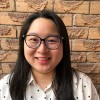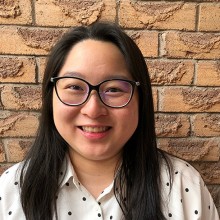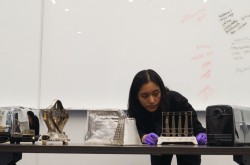Community, Camaraderie, and Producing Historical Scholarship

In May 2022, I had the pleasure of working alongside five fantastic Jackman Scholars-in-Residence undergraduate students on Contesting Closure: Life Stories of Work and Community in Oshawa’s Motor City, 1980-2019. This research project was led by Emily Gann of Ingenium — Canada’s Museum of Science and Innovation and Professor Dimitry Anastakis of the University of Toronto. As a team, we created the groundwork for an innovative digital exhibit on the life experiences of former General Motors employees in Oshawa for Ingenium.

Together, we researched old newspapers, magazines, photographs, union newsletters, and other primary sources to learn more about the intertwined history of General Motors in Canada and the community of Oshawa. Many of us also conducted oral history interviews and visited Oshawa Museum, Unifor Local 222’s Union Hall, and the Canadian Automotive Museum. Throughout this process, I was continuously struck by how generous former General Motors employees were with their time and energy and how different museums in Oshawa embraced our project and were eager to share their resources with us.
In particular, former General Motors employees have been incredibly generous with our team, sharing their time and expertise on their experiences working in Oshawa’s assembly plant and living in the community. As a team, we were able to conduct numerous oral history interviews with men and women who worked throughout the plant in different roles from the 1980s to 2019. Their union, Unifor Local 222, played an integral role in connecting us with interview subjects. They also invited us into their union hall, where we were able to look at a wide assortment of Local 222’s ephemera, ranging from buttons to union membership cards from as early as the 1930s!
The generosity of former General Motors employees and Local 222 has been essential to the success of this project. In many instances, we have quite literally been invited into their homes to ask questions and listen to their life stories. This experience has been incredibly fulfilling and humbling in many ways. It has challenged how I think about the “work” that goes into producing historical research and how scholarship should be conveyed and shared with people. Rather than conceptualizing historical research as a highly individualized task, I have learned about the importance of celebrating community and camaraderie in scholarship and reaching out to the wider community to learn about their stories.
Enjoying the Ingenium Channel? Help us improve your experience with a short survey!





